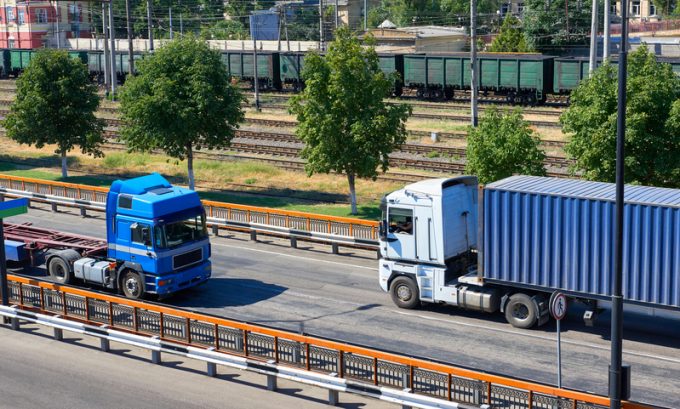White House u-turns see freighters flying but keep logistics players on their toes
Small businesses in the US will be breathing a (small) sigh of relief following the ...

China’s “near de facto worldwide monopoly” of intermodal equipment “manufacturing should be deeply concerning”, according to US FMC commissioner Carl Bentzel.
He has released a report on the US’s almost total dependence on China for the manufacturer of containers and chassis.
A year in the making, Mr Bentzel’s ...
Keep our news independent, by supporting The Loadstar
Rapid transpacific capacity build-up continues – can USWC ports handle it?
Red Sea crisis has driven most new capacity into extended Asia-Europe trades
Crew forced to abandon ship in latest fire on vessel carrying EVs
Carriers on the hunt for open tonnage again as transpacific rates soar
The Loadstar Podcast | Transport Logistic and Air Cargo Europe 2025
'Now or never' for Kuehne and DHL GF to hit back at DSV
Uncertainty drives Yang Ming fleet boost as focus switches to Asia-Europe trades
Carrier price hikes hold, driving spot rates higher as space gets scarcer
Asia-West Africa ULCV deployment opens new markets for carriers
Project cargo: oversized and heavy, posing risks outside the norm for ports
CMA CGM eyeing multi-billion euro investment programme in Algeria
News in Brief Podcast | Week 22 | Trump’s tariff hurdle, ocean schedule reliability, and rate rise
Air cargo players still wary of long-term block space deals – 'a risk on both sides'
Longer-term planning needed as noise out of Washington distorts the market
Geely splashes out to meet growing demand by chartering its own car-carrier

Comment on this article